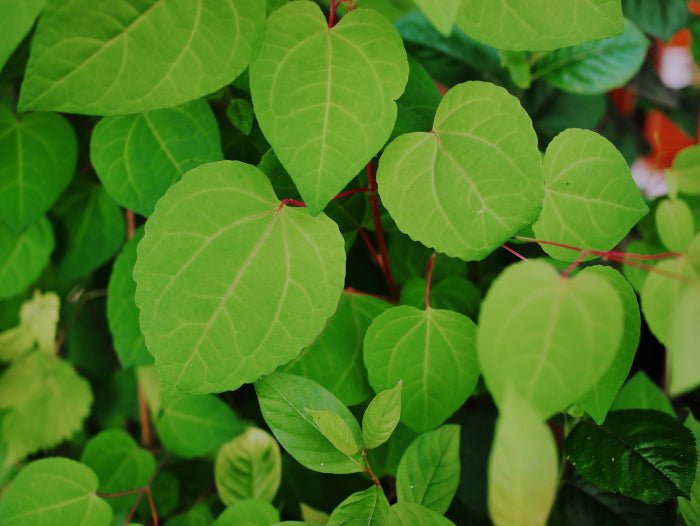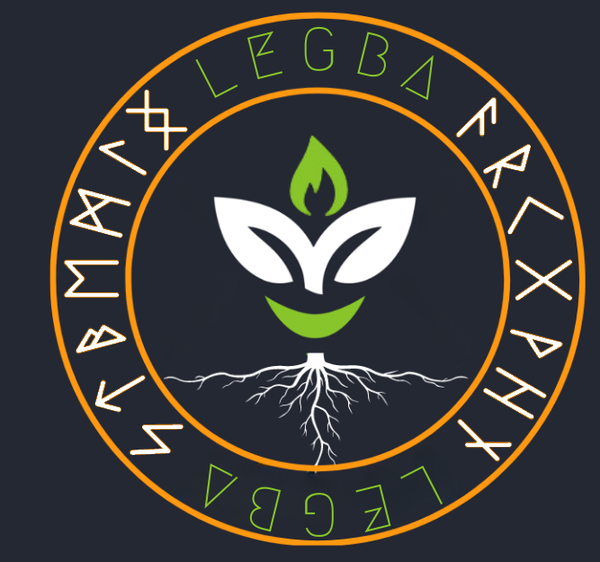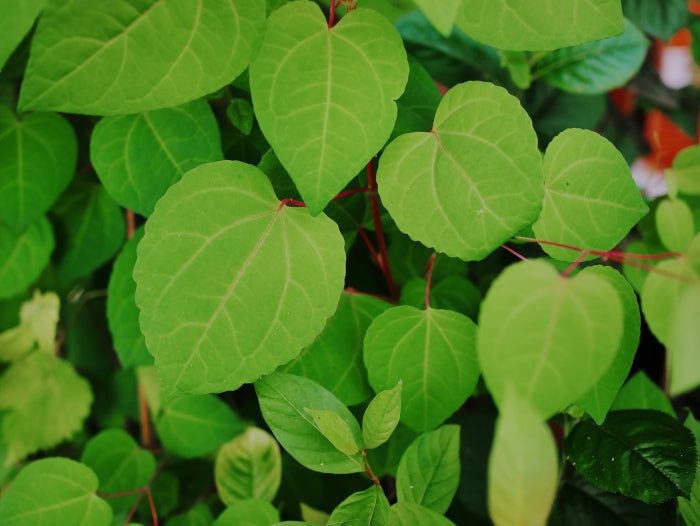Cephalanthus occidentalis
Growing the LEGBA Button Pea means introducing a piece of the wild beauty of the American banks into your garden. Its ease of cultivation and its positive impact on the environment make it a valuable addition for any nature and biodiversity lover.
LEGBA
LEGBA button pea: The brilliance of the American banks
LEGBA button pea: The brilliance of the American banks
Couldn't load pickup availability
Shipping info (size, period...)
Shipping info (size, period...)
Plant available from April to the end of October
Detailed Description and Benefits
Detailed Description and Benefits
The Button Pea is renowned for its globe-shaped white flowers.
which attract butterflies, bees and birds, thus contributing to
the ecological balance of your garden. This shrub, which appreciates
particularly wet soils and water edges, is not only
an aesthetic addition but also a vital element for ecosystems
aquatic and riparian.
How to cultivate it? Growing guide
How to cultivate it? Growing guide
- Light : Prefers partial to full sun, thriving in direct sunlight or light shade.
- Temperature : Hardy and cold hardy, it can survive in areas up to hardiness zone 4.
- Soil : Ideal in moist soils, it thrives near bodies of water, in marshy areas or in well-irrigated gardens.
- Humidity : Requires a moist environment for optimal growth, ideal for water gardens or natural banks.
Did you know? (Discover exciting stories!)
Did you know? (Discover exciting stories!)
Button Pea is often used in wetland and riverbank restoration, thanks to its ability to stabilize soil and provide habitat for wildlife. Its ecological role makes it a preferred choice for conservation projects and gardens focused on sustainability.
FAQs
FAQs
- Is the Button Pea easy to care for?
With its simple water and light requirements, it is a plant
relatively easy to grow, requiring little care once
established. -
Can we use Button Pea in a bouquet?
Its unique, long-lasting blooms make it a great choice for natural, rustic floral arrangements. - How to propagate Button Pea?
It propagates easily by seed or by dividing clumps at
spring or fall, allowing you to multiply the plants in your
garden - What animals are attracted to the Button Pea?
The flowers attract a variety of pollinators, including butterflies and
the bees, as well as the birds which come to feed on its
seeds. - Where to plant Button Pea in my garden?
Choose humid areas or near a water source, where the soil remains constantly moist, to imitate its natural habitat.
Share


